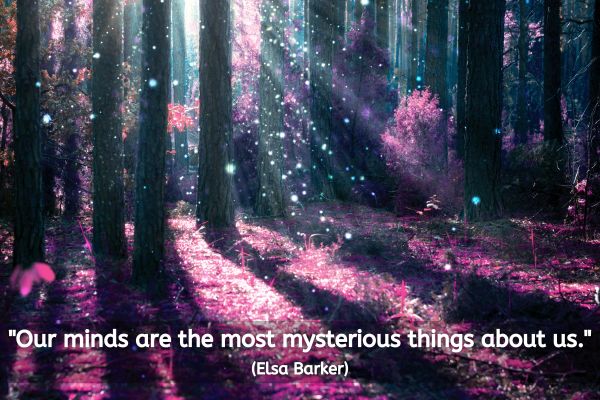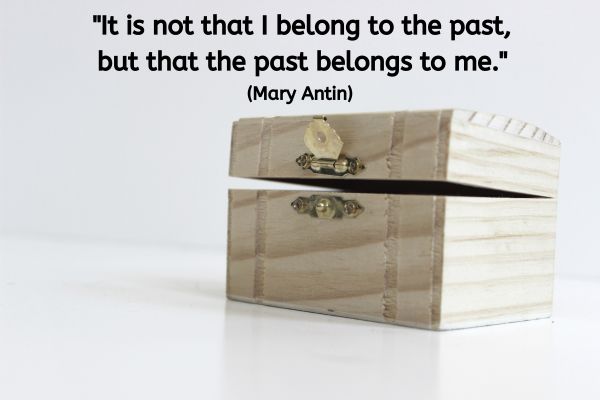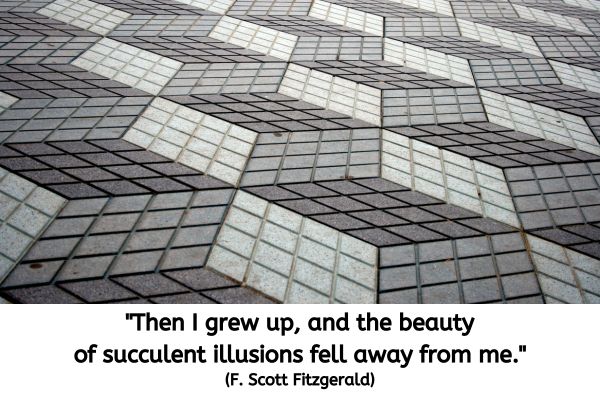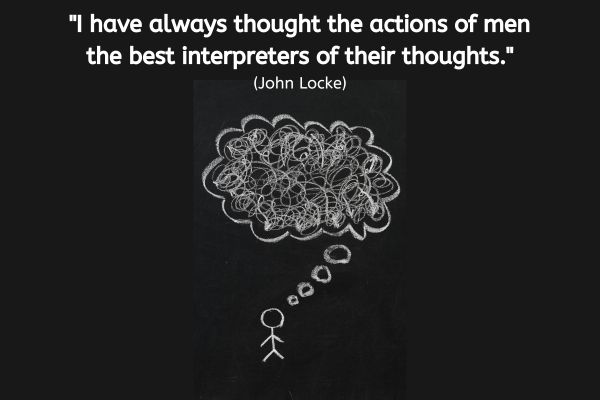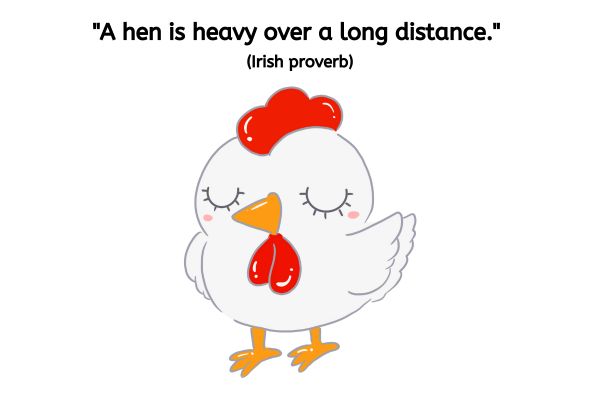Simplicity: Discovering the Real Meaning of Things

The quote of the day is:
“Simplicity is not a goal, but one arrives at simplicity in spite of oneself, as one approaches the real meaning of things.” (Constantin Brâncuși)
Constantin Brâncuși, one of the most influential sculptors of the 20th century, believed in stripping away the unnecessary to reveal the essence of his subjects. For me, his words point to simplicity isn’t something we chase; it’s what remains when we peel back the layers and connect with deeper truths. These truths aren’t always hidden—they’re often right in front of us. Yet, in our rush to understand and solve, we sometimes overlook them.
In coaching and personal growth, I often think of an insight as seeing something new—a fresh understanding or perspective. Sometimes, it’s subtle, like noticing a different way of responding to a familiar situation. Other times, it feels profound, as though the whole structure of my understanding has shifted. What’s consistent, though, is this: the closer I get to these deeper truths about how we function as human beings, the more I find myself saying, “Oh, it can be even simpler than I was making it.”
The Deeper Truths Beneath Complexity
Life can feel complicated, and it’s easy to assume that complexity is inherent to solving problems or making progress. But when I look more closely, I often see that complexity is something I’ve added—through layers of overthinking, analysing, or trying to control outcomes I’ve no way of actually being able to control. Beneath that complexity lies something far simpler: the deeper truths that govern how we experience life.
As I see it, one of these truths is that our thoughts create our experience of our reality. What I mean by that, is that our experience isn’t determined by circumstances themselves, but by how we interpret them. This understanding doesn’t just simplify life—it transforms it. Suddenly, I don’t have to fix everything in the outside world to feel at peace. Instead, I can look inward, look to the underlying quiet and recognise that clarity often comes when I stop wrestling with my thoughts.
The Present Moment as a Gateway
Another truth I’ve seen is that simplicity often arises when I’m present—when I’m here, in this moment, instead of lost in stories about the past or projections about the future. Being present allows me to step outside the loops of mental effort and see life as it is, without the filters of worry or judgment. In this space, the unnecessary drops away, revealing what truly matters.
And here’s the paradox: the intellect, as useful as it is, often makes things more complicated in its attempts to solve or control. But when I’m present, I’m no longer relying solely on intellect. I’m tapping into a deeper intelligence, an innate wisdom —one that works effortlessly, providing insights and solutions that feel obvious in hindsight. This is where the real meaning of things often becomes clear.
Simplicity and the Real Meaning of Things
Simplicity, then, isn’t something to be forced or achieved. It’s what emerges naturally when we align with these deeper truths. It’s the clarity that comes from understanding how our minds work and from being present with life as it unfolds. This doesn’t mean life is always easy or straightforward. Challenges and uncertainties are part of the human experience. But even in those moments, simplicity is available—not as a goal, but as a by-product of seeing life more clearly.
So today, I invite you to pause and reflect: What truths about life or yourself might already be present, waiting to be uncovered? Where might you be adding complexity that isn’t needed? And what might you see differently if you allowed yourself to step back and simply be?
About Jen Waller

Jen Waller is a transformative coach dedicated to empowering individuals to get out of their own way and make a meaningful impact in the world. With an impactful, nurturing coaching style, Jen supports clients in unlocking their potential and achieving their goals. As an experienced coach and trainer, she guides clients from self-doubt to success.
Discover how Jen can support you to get out of your own way here.

